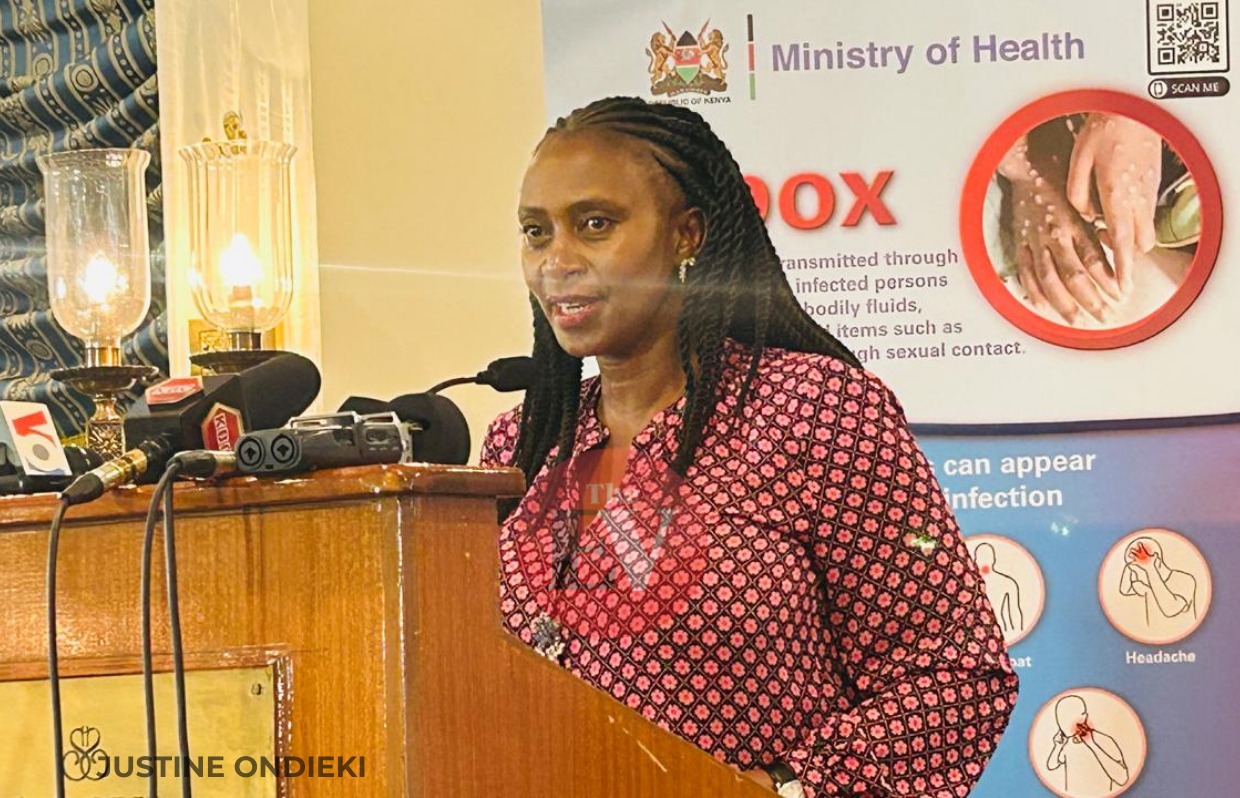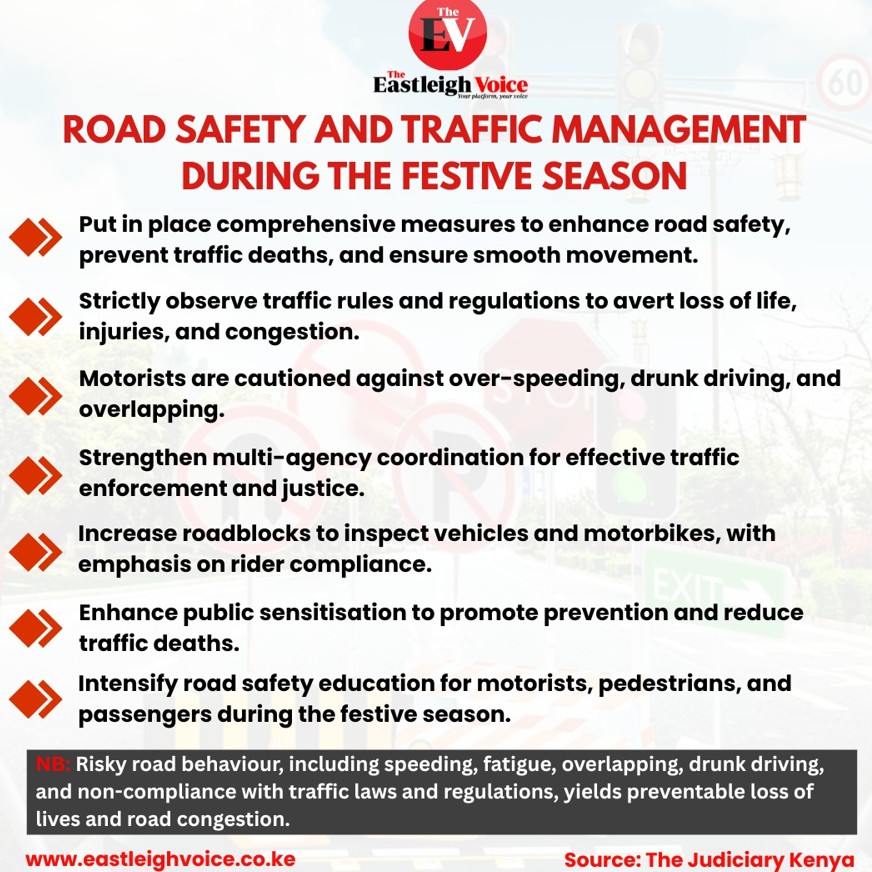MoH teams up with long distance truck drivers to fight Mpox, Marburg viruses

Testing at the national referral laboratory, which has processed 386 samples from various counties, revealed 36 positive cases.
The Ministry of Health has teamed up with long-distance truck drivers to tackle the spread of Mpox and Marburg viruses, given the drivers' frequent travel through high-risk areas.
This collaboration aims to raise awareness, provide vaccinations, and conduct health checks to prevent transmission and protect surrounding communities.
More To Read
- Two new Mpox cases confirmed in Kenya, including patient who recently returned from South Sudan
- Mombasa County's mpox cases rise to 182 as health authorities activate emergency operations
- Long-distance drivers decry being forced to take Mpox vaccine, demand voluntary participation
- Nyeri becomes 23rd county to report confirmed Mpox case as 60-year-old woman tests positive
- KEMRI to analyse samples from mysterious Mombasa deaths as health probe intensifies
- Mpox cases in Ethiopia rise to 18
Elijah Mwangi, the chairman of the Long-Distance Truck Drivers Association, spoke at a recent stakeholder meeting, emphasising the challenges faced by truck drivers. "We need assistance to combat the disease effectively. Our constant movement puts us at increased risk, and without proper support, it's difficult to protect ourselves and the communities we serve."
He called for increased awareness and resources, particularly for drivers in remote areas.
The Ministry of Health has identified sexual contact, particularly among people with multiple sexual partners, as the primary mode of Mpox transmission in Kenya.
The spread of Mpox in Kenya is largely driven by sexual contact. It is crucial that we raise awareness, especially among the most at-risk groups like truck drivers."
The ministry is focusing on educational campaigns to target these at-risk populations.
"Setting up mobile health clinics at major stop points will ensure that drivers can access vaccinations and health checks during their long trips. This will go a long way in preventing the spread of the virus," Mwangi said.
Caro Ndungu, Director of Health for the Long-Distance Truck Drivers Union, addressed the urgency of health education for drivers. "Truck drivers are a significant, mobile workforce, but they often lack access to important health information. We need to bridge this gap through targeted education and awareness campaigns," she said.
Ndungu noted that the partnership plans to distribute vital information on Mpox, set up mobile health clinics at key truck stops, and offer vaccinations and screenings. These clinics are essential to delivering health services to drivers on the go.
High-risk groups
The Ministry of Health noted that vaccination will target high-risk groups such as truck drivers and vulnerable groups in a bid to contain the disease.
Michelle Wangui, who is in charge of the Mpox response, provided an update on the outbreak. "Clade 1b, the strain currently spreading in Kenya, has affected individuals of all ages, with the highest transmission seen between men and women. This strain, which was first detected in 2023 in the DRC, has now spread across the region and to other continents." She explained the challenge of managing the outbreak, especially in a highly mobile population like truck drivers.
According to the Ministry of Health, since July 1, 2023, 36 cases of Mpox have been reported in 36 counties, with the majority being truck drivers, businesspeople, sex workers, and children.
"We've seen cases from a wide range of people, but truck drivers are particularly affected due to their constant movement across regions," Wangui added.
The response has been proactive, with rapid response teams visiting key areas like Nakuru and Mombasa. "We are committed to coordinating efforts and working alongside stakeholders like the truck drivers to contain the virus," the Health Ministry said.
With 32 of the 36 cases recovered, the Ministry is working hard to prevent further spread.
Kenya has managed to respond effectively to the Mpox outbreak through coordinated efforts, including active surveillance, regular stakeholder meetings, and the deployment of incident management systems.
The rapid response team has been instrumental in containing the spread by conducting targeted testing, raising awareness, and ensuring timely interventions.
Testing at the national referral laboratory, which has processed 386 samples from various counties, revealed 36 positive cases. Of these, 32 patients have recovered, two remain under monitoring, one is under home-based care, and one death has been reported.
The affected age groups range from children aged 0–4 years and secondary school students, with the highest prevalence among individuals aged 30 years and above. Women account for 61.1% of the reported cases, while truck drivers, businesspeople, sex workers, and schoolchildren have been identified as the most affected groups.
Kenya has prioritised community education, vaccination campaigns, and the establishment of mobile health clinics to reach high-risk populations, such as truck drivers who are critical to regional mobility.
Top Stories Today












































